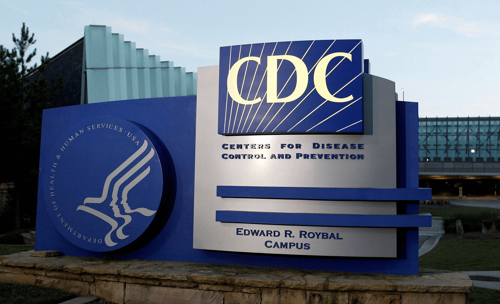U.S. Health Secretary Robert F. Kennedy Jr. has ignited a firestorm within the public health community by abruptly dismissing all 17 members of the Centers for Disease Control and Prevention’s (CDC) Advisory Committee on Immunization Practices (ACIP) and swiftly appointing a new, eight-member panel. The move, announced via social media on Wednesday, has been lauded by Kennedy as a “major step towards restoring public trust in vaccines” but has drawn fierce criticism from medical experts and professional organizations who fear it will undermine decades of evidence-based vaccine policy.

Kennedy, a long-time vaccine skeptic who now heads the Department of Health and Human Services (HHS), justified the unprecedented “clean sweep” by claiming the previous ACIP committee was “plagued with persistent conflicts of interest” and had become “little more than a rubber stamp for any vaccine.” He asserted that the rapid appointments during the final days of the Biden administration would have otherwise prevented the current administration from establishing a majority on the panel until 2028.
However, critics, including the American Medical Association (AMA) and the American Academy of Pediatrics, have condemned the dismissals as a “politically motivated move” that “jeopardizes public health and undermines proven scientific recommendations.” They argue that the former ACIP members adhered to rigorous conflict-of-interest standards and that their removal lacks transparency. The AMA has called for a Senate investigation into the decision.
The newly appointed committee members include figures who have gained prominence through their criticisms of mainstream public health approaches during the COVID-19 pandemic. Among the most notable appointees are:
- Dr. Robert Malone: A scientist who conducted early research into mRNA vaccine technology, Malone became a highly visible figure during the pandemic for promoting unproven treatments and disseminating baseless claims about COVID-19 vaccines, including assertions that they caused a form of AIDS or that millions were “hypnotized” into taking them.
- Dr. Martin Kulldorff: A biostatistician and epidemiologist, Kulldorff was a co-author of the Great Barrington Declaration, an October 2020 letter that advocated for a herd immunity strategy through natural infection, opposing widespread lockdowns and mask mandates. He has also previously criticized the CDC’s decision to pause the use of the Johnson & Johnson COVID-19 vaccine.
- Vicky Pebsworth: A regional director for the National Association of Catholic Nurses, Pebsworth has been associated with the National Vaccine Information Center, a group widely considered a leading source of vaccine misinformation. She has publicly spoken about her child’s alleged vaccine injury.
- Retsef Levi: A professor of operations management at the Massachusetts Institute of Technology, Levi has also raised concerns about mRNA COVID-19 vaccines, suggesting they cause “unprecedented levels of harm” and calling for a halt to vaccination programs.
Kennedy, in his announcement, praised the new members as “highly credentialed scientists, leading public-health experts, and some of America’s most accomplished physicians,” asserting their commitment to “evidence-based medicine, gold-standard science, and common sense.” He stated that they “have each committed to demanding definitive safety and efficacy data before making any new vaccine recommendations.”
However, public health experts expressed deep concern about the collective expertise of the new panel. Dr. Jason Goldman, president of the American College of Physicians, stated, “The speed with which these members were selected, and the lack of transparency in the process, does not help to restore public confidence and trust, and contributes to confusion and uncertainty.” Dr. Cody Meissner, a pediatrics professor and former ACIP and FDA vaccine advisory panel member, is noted as one of the few new appointees with extensive, mainstream vaccine policy experience.
The ACIP plays a crucial role in shaping the nation’s immunization policies, advising the CDC on which vaccines should be recommended for various groups and when. These recommendations directly influence insurance coverage and state vaccination programs. Kennedy has already taken steps to unilaterally alter COVID-19 vaccine recommendations for healthy children and pregnant women, bypassing the standard ACIP review process.
With a crucial ACIP meeting scheduled for late June, where votes on recommendations for flu, COVID-19, HPV, RSV, and meningococcal vaccines are expected, the swift and controversial overhaul of the advisory committee has sent shockwaves through the medical establishment. The move not only signals a potential radical shift in U.S. vaccine policy but also threatens to further erode public trust in federal health agencies.